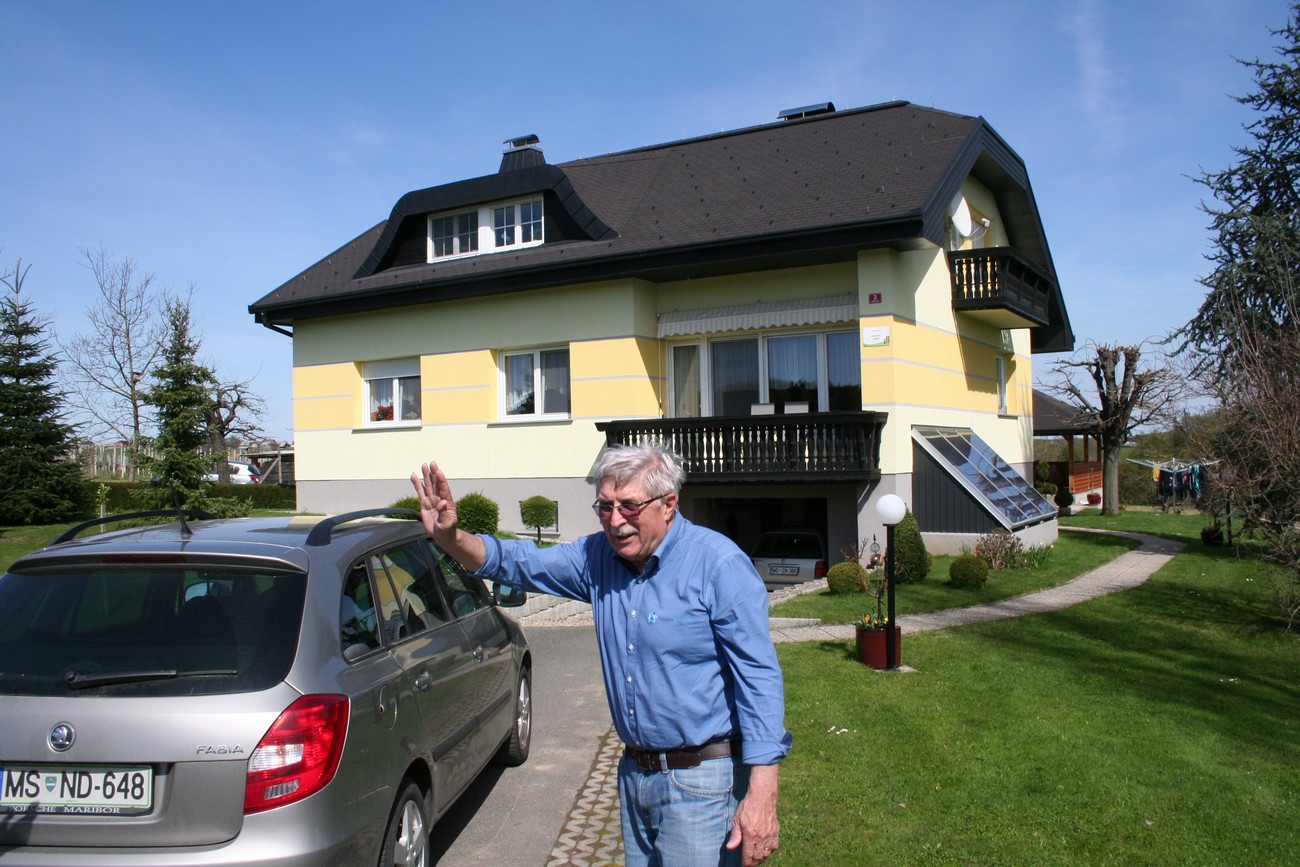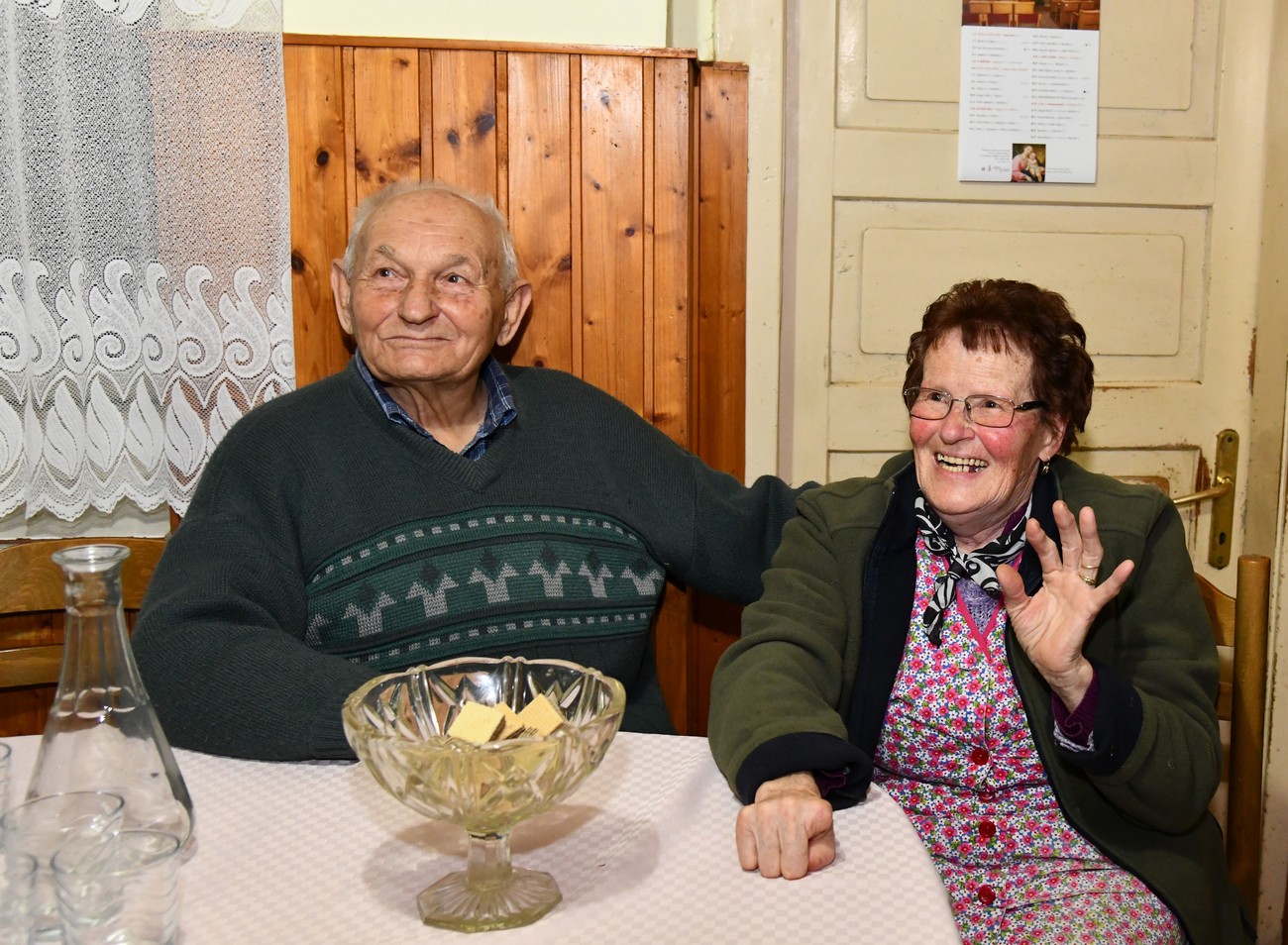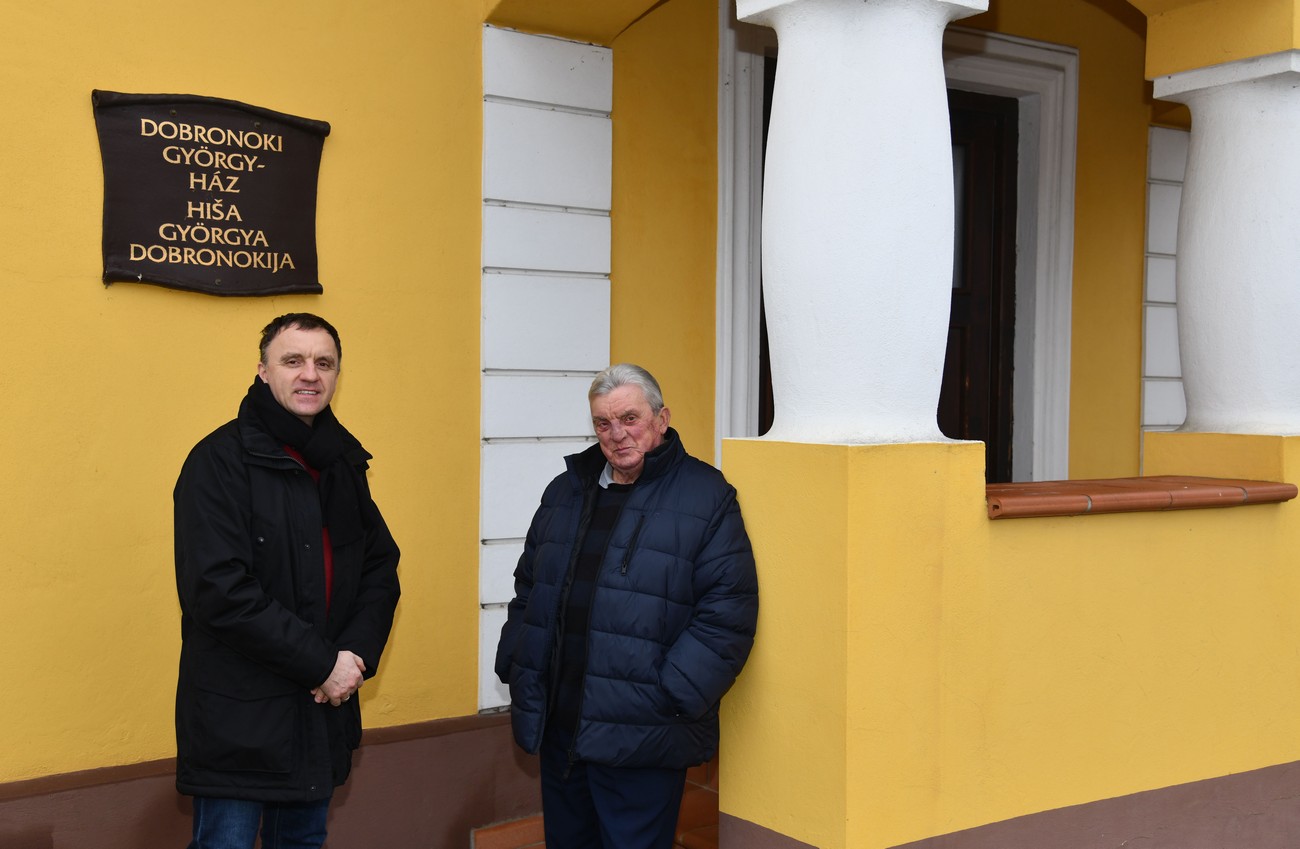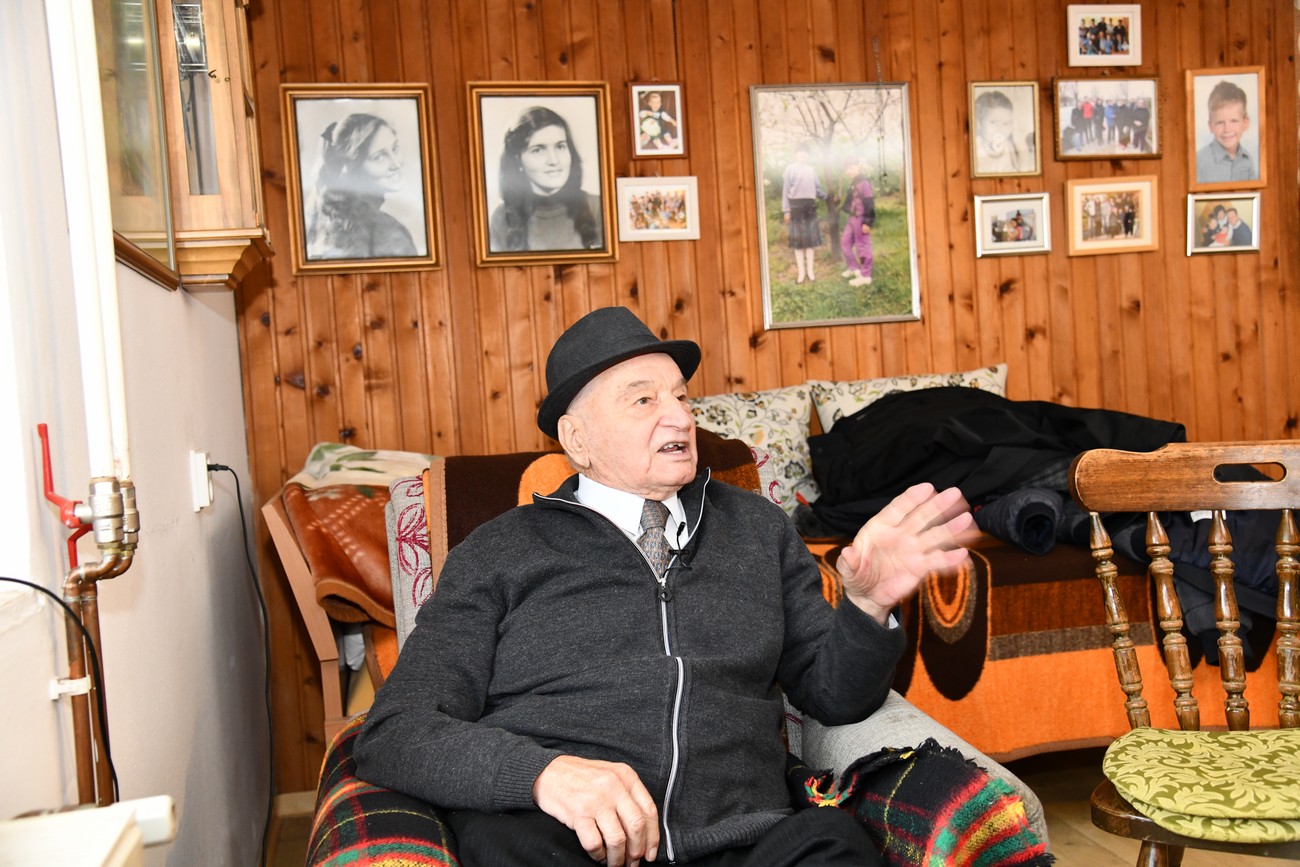During the occupation, children learned the Prekmurje dialect (»Wendish«) in elementary school at a different number of lessons, depending on the type of school. High schools had the language as a subject. Churches in Slovenian towns kept the sermons in Wendish. The public administration employed several Prekmurje people to communicate with citizens who did not speak Hungarian. The Muraszombat és vidéke newspaper was bilingual, although mostly written in Hungarian. The use of Wendish instead of Slovene both in schools and bureaus was an intermediate stage towards the complete Magyarization of the people and the province; but the process did not come to completion during the occupation, i.e. the complete eradication of Wendish did not occur.
Around 90,000 people found themselves under the Hungarian occupation, of which about 15 thousand were Hungarians. The gained territory was considered by the Hungarians as part of the lost southern provinces (Délvidék).
The particularities of Prekmurje in both the occupation and border delimitation were intertwined, prompting a mixed response from the population. The Hungarian minority and part of the pro-Hungarian population favored Hungary, and their expectations were met when the Germans handed over Prekmurje to the Hungarians. At first, part of the Prekmurje population - partly because of their temporary work experience in Germany, partly because of Nazi social demagogy - was passionate about Germany. The Germans living in the villages of Goričko were quite pleased about joining the Reich. The Volksdeutschers of Prekmurje had to stay despite the promise of relocation, although they did not suffer under Hungary. The people of Prekmurje were exposed to forced Magyarization, mobilization and other measures by the Hungarian authorities. New transport lines with Prekmurje were established for the Slovenes of Porabje, making contact with relatives easier. The settlers who immigrated to Prekmurje during the interwar agrarian reform were interned at the Sárvár internment camp. The Jews of Prekmurje got the worst when they were deported to concentration camps in 1944 with only a few survivors. A similar fate awaited the Roma population of Prekmurje, but fortunately, it did not fulfill.
The exact number of casualties of war in Prekmurje is unknown, but the approximated figures range between 1000 and 2000 (around 1.6% of the population), but many categories (e.g. death toll of forcibly mobilized) are not fully covered. For the time being, it is estimated that the number of victims was below the Slovenian average (6.6% of the population) due to the more tolerant attitude of the Hungarians towards the people of Prekmurje (»The Wendish«).



